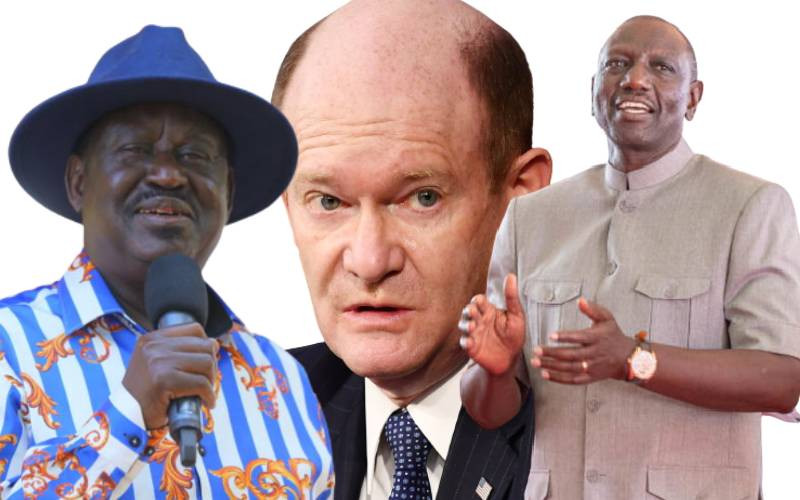
The two political 'frenemies', William Ruto and Raila Odinga, have practically cut a deal but they have serious problems actualising it because of fear that some key players will lose. Uncertainties make their various supporters apprehensive of the eventual outcome. While Raila's supporters are not guaranteed of anything, the Ruto people worry about losing something.
There also are third parties - angry that their interests were previously not considered - forcing themselves into the Ruto-Raila conclave. They are noisy enough not to be ignored and, therefore, end up as agenda expansionists and complicate matters in two ways. First, they demand inclusion in the 'ceasefire' talks and second, they introduce extraneous issues that were initially not contemplated in the deal-making. These disgruntled Ruto-Raila supporters, as well as the intruding agenda expansionists, have essentially derailed the talks by reducing the freedom of action for both Ruto and Raila.